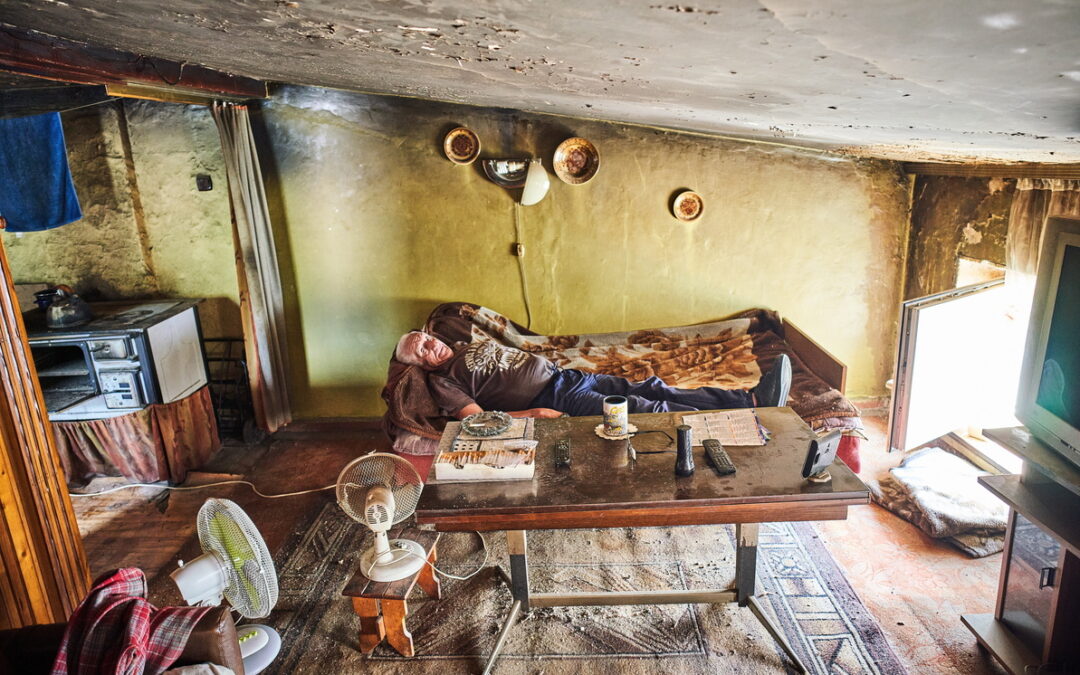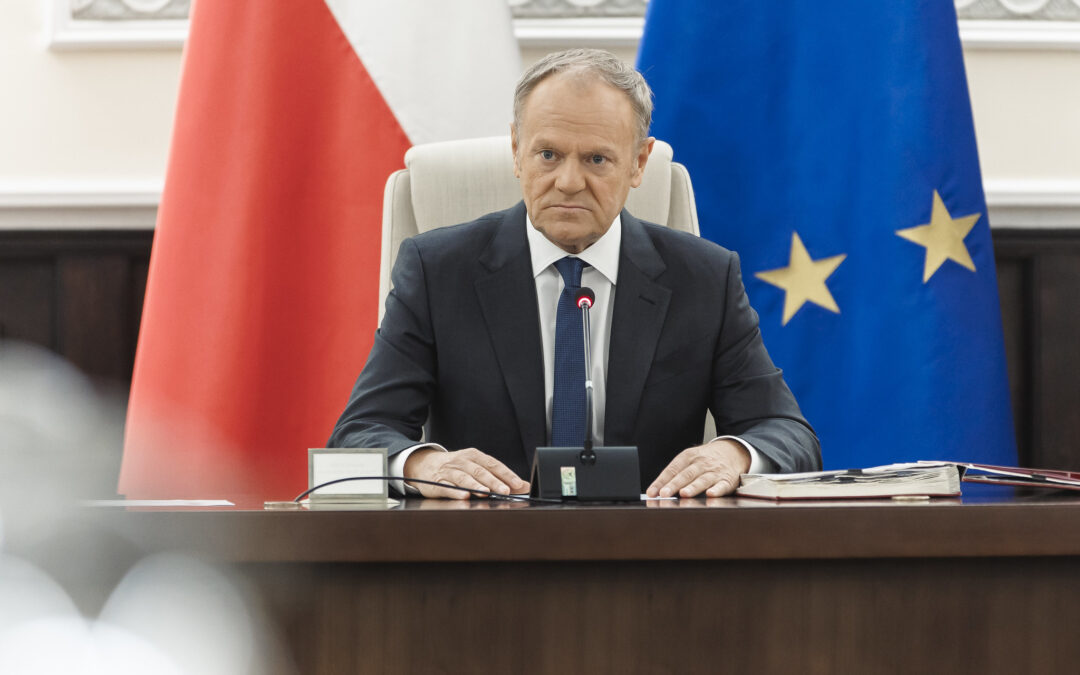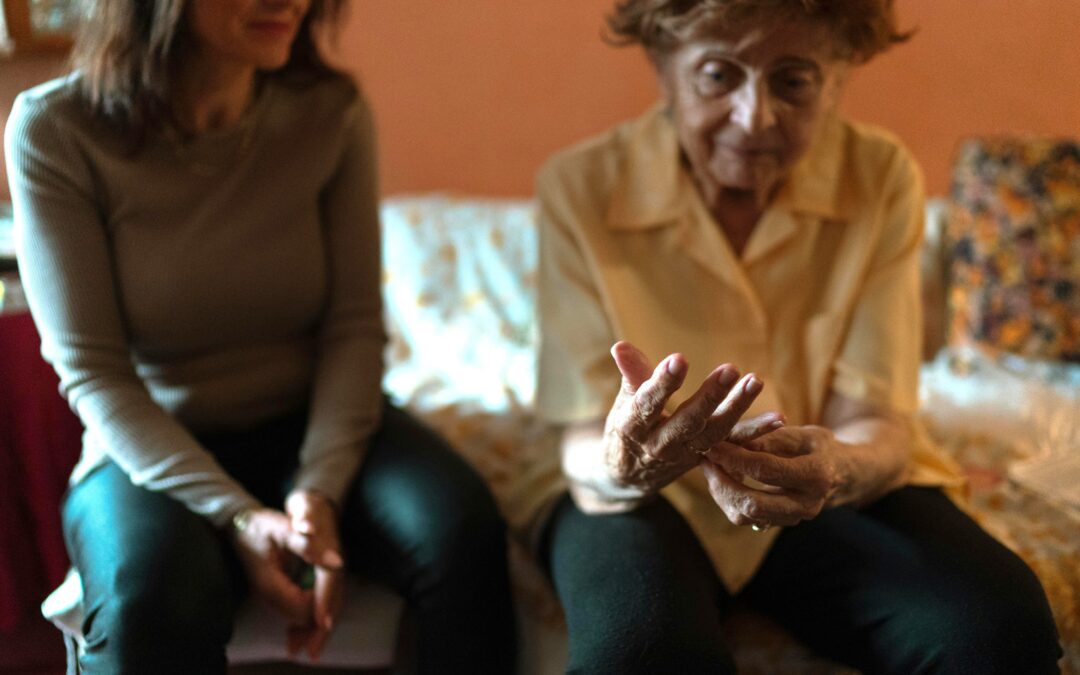One in 12 Poles have no bathroom at home, according to the latest Report on Poverty published annually by Szlachetna Paczka, a leading Polish charity that provides material and other forms of support to people in need.
The organisation notes that over two million Poles – around 5% of the population – live in what is defined as extreme poverty. That number rose by 400,000 – including 100,000 children – in 2020 amid the pandemic.
Extreme poverty is defined as those with spendings below the minimum level required to meet their basic needs. The current threshold is 640 zloty (€136) per month for a one-person household and 1,727 zloty (€367) per month for a household of four (with two adults and two children under 14).
Szlachetna Paczka notes that around 8% of people in Poland do not have access at home to a bathroom (meaning a bathtub or shower), 6% do not have a toilet, while 3% have no running water. One third of Poles have no savings.
Almost a quarter of homes in Poland are single-person households, a large proportion of whom are made up of elderly people. One in ten people aged over 65 and one in seven aged over 75 do not have social contact with anyone outside their household, notes the report.
It also draws attention to the 5,156 suicides recorded in Poland last year – over twice as many deaths as in road accidents. The pandemic has seen a rise in mental health problems in Poland, as well as a record number of attempted suicides by young people this year.
One in six Polish teenagers have self-harmed in their lives, while 7% have attempted suicide, notes Szlachetna Paczka in its report.
Among all people in Poland, 10% have suffered depression at some stage, with 3% currently experiencing it. Almost three quarters of those who have had depression believe that it is a shameful condition.
Szlachetna Paczka also notes that, between March 2020 and September 2021 – that is, since the start of the coronavirus pandemic – Poland has had a higher excess death rate than any European country other than Bulgaria.
Data from the European Anti-Poverty Network and Statistics Poland (GUS), a state agency, have also showed increases in extreme poverty amid the pandemic, particularly among children and the elderly.
However, there has been a longer-term decline in poverty in Poland over recent years. The proportion of people living in extreme poverty peaked at 7.4% in 2013 and 2014, but by 2019 had fallen to 4.2%.
The current Law and Justice (PiS) government, in power since 2015, has introduced a number of redistributive social policies. These have particularly emphasised support to children – especially through the flagship “500+” child benefit programme – and the elderly.
Main image credit: Marcin Stepien / Agencja Gazeta

Daniel Tilles is editor-in-chief of Notes from Poland. He has written on Polish affairs for a wide range of publications, including Foreign Policy, POLITICO Europe, EUobserver and Dziennik Gazeta Prawna.




















